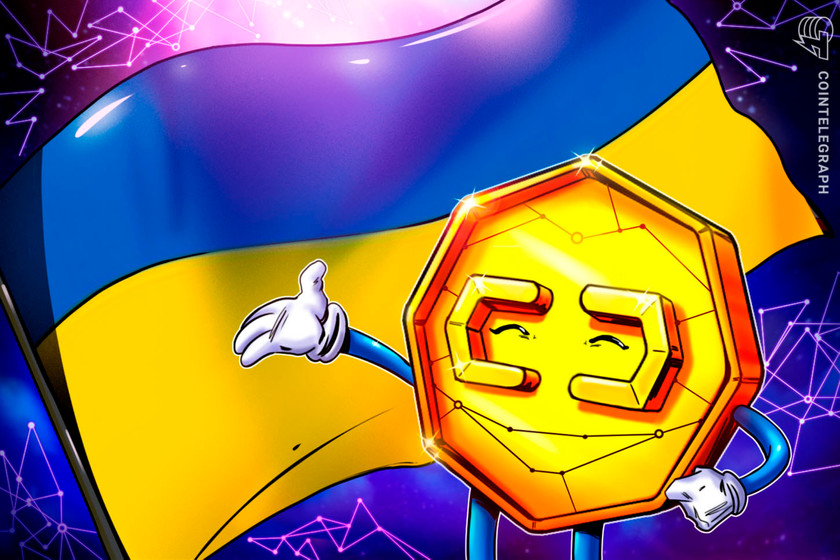Over 30% of TikTok videos on crypto investments are misleading: Research


TikTok videos tagged with popular crypto-related hashtags — such as #crypto, #cryptok and #cryptoadvice — have cumulatively garnered over 6 billion views.
More than one-third of crypto influencers on TikTok, the go-to social media platform for the younger generation, have posted misleading videos about Bitcoin (BTC) and other cryptocurrency investments, according to a recent study.
Many people now rely on TikTok as their first source of information rather than going to Google for answers, but the recent study from daapGamble alleges that many influencers are sharing unvetted misinformation about crypto investments, often trying to convince unwary viewers to put their — or their parents’ — hard-earned money into cryptocurrencies that will lose them money.
Many TikTok influencers use the hashtag “#cryptok” while posting crypto-related content. DaapGambl analyzed 1,161 such TikTok videos and found that more than one in three were misleading. The research also found that just one out of 10 “cryptok” accounts or videos contained some form of disclaimer that warned users about the risks of investing.
47% of the crypto TikTok creators were found to be trying to make money by pushing services. Meanwhile, mainstream influencers such as Kim Kardashian, Jake Paul and Soulja Boy were also previously accused of promoting cryptocurrencies to their millions of fans without disclosing the payments they had received.
The United States Securities and Exchange Commission forced Kim Kardashian to pay $1.26 million in penalties for promoting EthereumMax (EMAX). While crypto influencers have a smaller reach than their mainstream counterparts, the potential financial risk for unwary investors remains equally high.
The research also found that one in three misleading videos on TikTok mention Bitcoin. Moreover, videos on TikTok sporting popular crypto-related hashtags — such as #crypto, #cryptok, #cryptoadvice, #cryptocurrency, #cryptotrading and #cryptoinvesting — have cumulatively garnered over 6 billion views.
Viewers often overlook the ill intent of influencers and trust their content purely based on its high number of views or likes. Both new and seasoned investors are advised to do extensive research on crypto projects prior to making any form of investment.
Follow Cointelegraph’s TikTok account for the latest crypto industry news.
Related: How a TikTok ban in the US could affect the crypto industry
On April 2, a $1 billion lawsuit was filed against crypto exchange Binance, CEO Changpeng Zhao and three crypto influencers for allegedly promoting unregistered securities.
“This is a classic example of a centralized exchange, which is promoting the sale of an unregistered security,” said the lawsuit, filed by the Moscowitz Law Firm and Boies Schiller Flexner.
As Cointelegraph reported, the lawsuit alleges that “millions” of people could be eligible for damages.
Magazine: Here’s how Ethereum’s ZK-rollups can become interoperable























